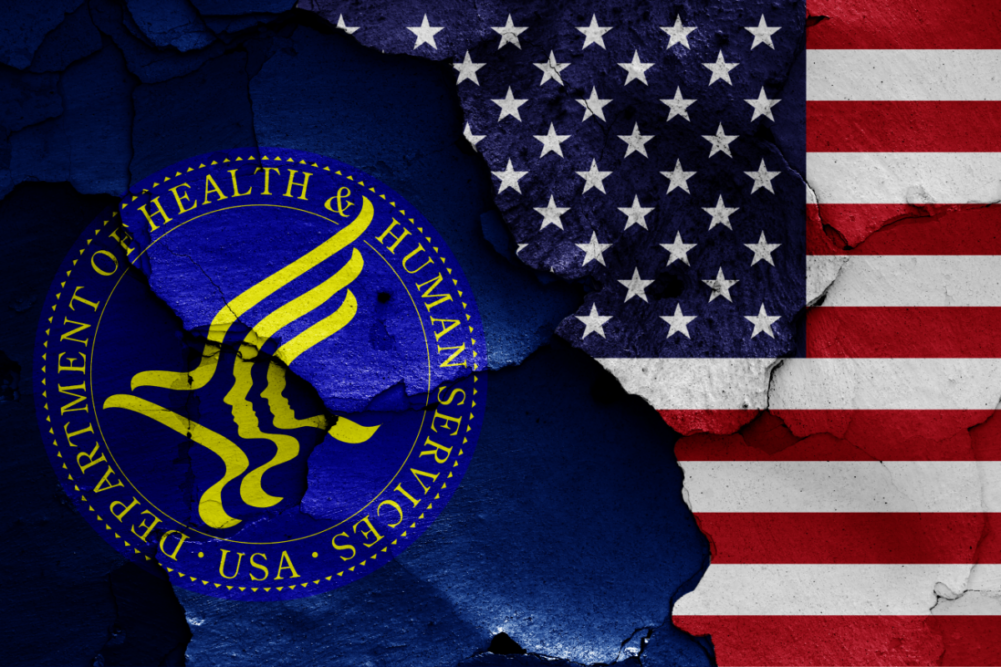WASHINGTON — While applauding the aim of the Department of Health and Human Services to overhaul its regulatory review process as reflected in the Department’s proposed rule issued Nov. 4 titled “Securing Updated and Necessary Statutory Evaluations Timely,” food industry associations questioned whether, given the pandemic, now was the right time to undertake such an ambitious project. They also cautioned against the unintended sunsetting of some useful regulations should the proposed rule be finalized without changes.
The HHS on Nov. 4 issued a proposed rulemaking that said any regulation issued by the Department, with certain exceptions, will cease to be effective 10 years after it was issued unless the HHS performs an assessment of the regulation to determine whether it should be retained, changed, or eliminated.
The proposed rule said an assessment of each regulation on the books for 10 years or more must be performed within two years of the rulemaking being finalized. If such a review is not completed within the two-year timeframe, the regulation involved would be sunset, or automatically expire.
“For decades, presidents have said agencies should retrospectively review their regulations,” said Alex Azar, secretary of the HHS. “Under President Trump, HHS is actually doing it.”

In comments sent separately to Mr. Azar, the North American Millers’ Association (NAMA) and the Food Industry Association (FIA) voiced their support for regulatory reform and said they valued opportunities to review and modernize regulations to ensure they are no more burdensome than necessary, especially for small businesses.
“However, we have significant concerns about the expansive and accelerated approach taken in the proposed rule,” said Jane DiMarchi, president of NAMA. “In general, NAMA is concerned that the suggested approach would require intense work from the Food and Drug Administration that would not only take critical agency resources and experience away from managing the COVID-19 pandemic and routine agency activities, but also would not allow for the kind of targeted and reasoned regulatory reform that is necessary and appropriate.”
Ms. DiMarchi added NAMA also was concerned “there is a genuine potential that the proposed rule could lead to the inadvertent sunsetting of regulations that have been in place for many years and are essential to maintaining consumer confidence in our nation’s food supply, as well as a level playing field within the industry.”
Ms. DiMarchi said the rule would require the FDA to analyze and justify regulations of interest to the milling industry pertaining to the Food Safety Modernization Act, nutrition labeling, claims, ingredient labeling, and food standards of identity.
“Abandoning these rules of law has the potential to lead to confusion and disruption within the food supply chain and damage consumer confidence,” she said.
NAMA and the FIA provided six specific reservations about the HHS proposed rule.
- The proposed rule should provide greater clarity as to how the sunset exceptions will function.
- The proposed rule does not sufficiently outline how agencies will conduct the review process and what and how factors would be considered.
- The timeline for review is unrealistic and may lead to inadvertent sunsetting of regulations, which would cause unnecessary chaos and harm to the industry and consumers alike.
- The proposed public review website shifts responsibility from the Department to the public, is unduly burdensome, and does not guarantee the necessary regulations will be reviewed in a timely manner.
- The proposed rule would disproportionately affect the food industry because many companies are small businesses.
- The use of machine learning in regulatory reform is a novel approach and affected members of the public have been afforded no opportunity to comment on the methodology.
Additionally, both NAMA and the FIA complained about the brief comment period of 30 days (Nov. 4-Dec.4), which made it difficult to provide more fulsome consideration to the proposed rule.
Ms. DiMarchi concluded her comments stating, “Effective regulatory reform is important to our industry and to all our members. The food industry, in particular, which is composed of so many small business members, supports the need for a measured approach to regulatory reform. Nonetheless, in light of the concerns outlined above and the short comment period, HHS should issue a subsequent proposed rule to address the issues we raise, so that we can provide meaningful comment on the Department’s proposal.”





